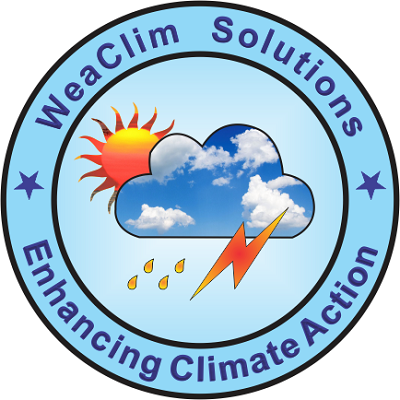Revenue Generation for WeaClim Solutions Private Limited
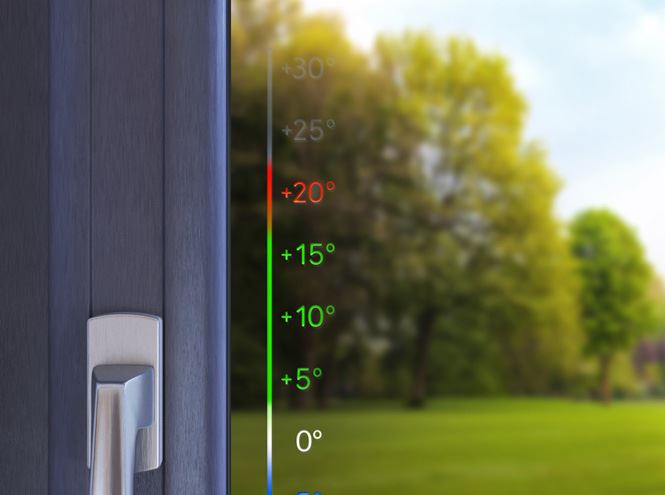
Potential market for a provider of custom-made climate and weather products like WeaClim Solutions Pvt Ltd is large, diverse and increasing significantly. Demand for custom-made meteorological products from the large spectrum of clients managing small enterprises to multi-national companies, government agencies, departments and institutions, NGOs and individuals is on the rise. Growing requirement of climate and weather information is a result of direct and indirect impacts of climate and weather on the economic and commercial activities.
Businesses, particularly in the Renewable Energy, Forestry, Fishing, Agriculture, Transport, Aviation & Shipping, Tourism, Event Management and even the Mobile Network Providers (MNPs), are the emerging to be the primary consumers of climate and weather information. To improve their efficiency and mitigate losses from vagaries of weather, entrepreneurs need timely and reliable warnings of hazardous extreme weather events like lightning, thunderstorms, rainfall and tsunamis. Certain groups of businesses are directly exposed to environmental risk and their stakes depend hugely on decision making concerning climatic conditions – require specific climate and weather information. In addition to businesses, individuals are also turning out to be important consumers of climate and weather information.
Renewable Energy
Renewable Energy, particularly wind and solar energy, is a rapidly growing sector world over. This growth in renewables presents a long-term opportunity for WeaClim Solutions Pvt Ltd, since accurate forecasts for winds, temperature and cloudiness are essential for independent power producers to predict daily feed-ins to the national grid. While the exact commitments, accuracy, requirements and financial ramifications differ from one offtake contract to the next – i.e. between different markets – there is generally a requirement to forecast power output. Over-supply is usually not purchased by the national energy company, and under-supply is often penalized. Accurate forecasts of wind and insolation are therefore of great financial importance to an independent power producer and this company has developed tools to excel in generating such predictions.
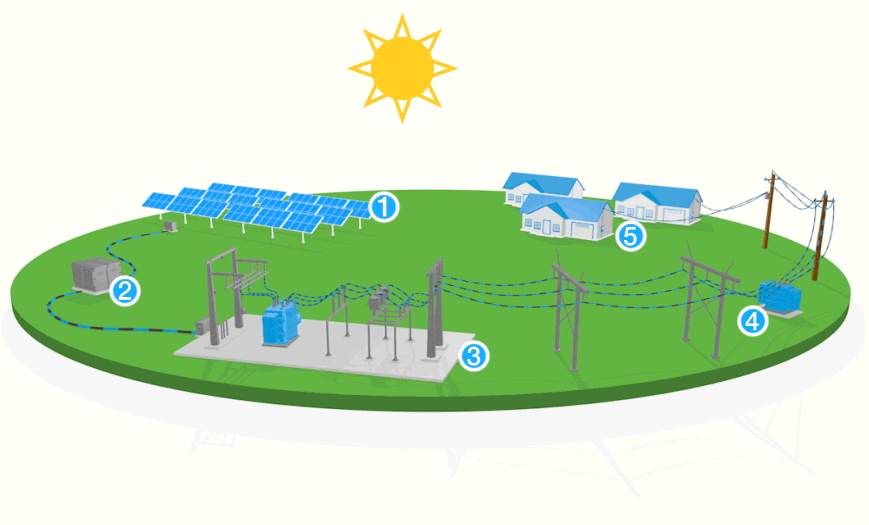
Forestry

The effects of climate change – including increased temperatures and shifting precipitation patterns – have an adverse effect on forests. Indirectly, these effects can result in long periods of drought, thereby increasing the risk of wildfires and disease outbreaks. Such changes in climate affect species of trees and animals that have only responses to these changes. In addition, extreme weather events – such as intense rainfall and hurricanes – can severely damage plantations, equipment, and infrastructure. Obtaining timely weather information can therefore help private forest owners improve their short- and long-term decision-making to prevent economic losses. There is a need for intermediaries to receive climate and weather information climate and weather providers and interpret it for forest landowners. The factors that dictate their information needs include seasonal drought, fire, long-term shifts in weather patterns and storms.
Fisheries
An increase in the frequency and severity of adverse weather events and natural disasters are threatening the lives of inland and marine fishermen. The types of disasters that affect the fishing industry include natural disasters such as storms, cyclones with associated flooding and tidal surges. Catastrophic phenomenon like tsunamis, earthquakes, droughts, floods, and landslides affect the fisheries adversely. Indirectly, severe weather can affect the fisheries infrastructure harbours, thereby damaging equipment, landing sites and processing facilities. Effects of climate change – including sea-level rise and extreme weather events, such as floods and increased storm severity will also affect productive coastal habitats that support fishing activities, fish farms and income-generating assets. The frequency and intensity of these extreme weather events are expected to increase because of climate change. Early warning provided by the modules created by WeaClim Solutions Pvt Ltd will mitigate the adverse effects of such climate and weather phenomenon.
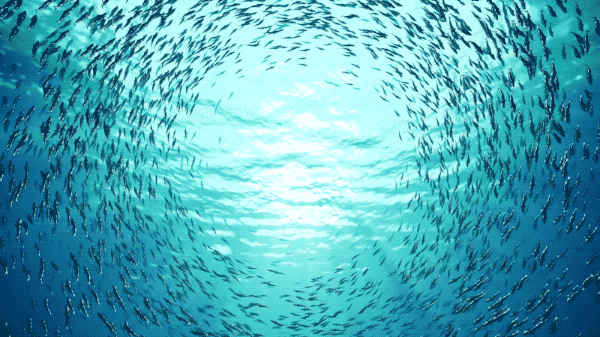
Agriculture
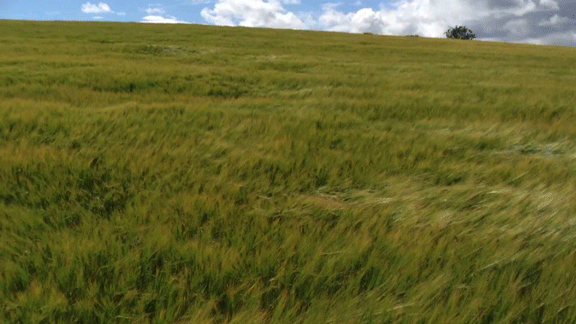
Agriculture is an important sector of Indian economy as it contributes about 17% to the total GDP and provides employment to over 60% of the population. Its productivity most sensitive to climate and weather. Indeed, climate and weather-related events often lead to considerable crop losses and have been identified as a major barrier for smallholder farmers in developing countries. Considering that ~75% of the rural population in India depends on agricultural activities for their livelihoods, damage to crops has considerable implications for these individuals. Not only do smaller crop yields decrease farmer’s income and food security, they also reduce the willingness of farmers to invest in agricultural inputs – including equipment that is more efficient and better quality seeds. This ultimately limits productivity and the opportunity to improve livelihoods. Agricultural sector has been recognised by economists and politicians as a driver for economic development in India, with the greatest potential to reduce inequality and poverty. Improved provision and dissemination of weather information to farmers is therefore necessary to increase productivity and improve livelihoods. WeaClim Solutions Pvt Ltd specializes in generating the information for farmers pertaining to onset of seasonal rainfall, expected total rainfall, end of the raining season and probability of extreme weather events that will increase their efficiency in the sowing, planting and harvesting of crops.
Mining
Mining industry is of substantial economic importance. In India over 1.1 million people are employed in mining industry with close to 2500 private companies and 300 public
enterprises contributing to 16% of India’s export. Extreme weather events can have adverse effects on the mining production process. For example, high temperatures can result in the expansion of metals and affect the use of machinery, as well as reduced staff productivity. In addition, heavy rains result in temporary flooding that results mine closures and reduced road access. Open cast mine walls are particularly vulnerable to heavy rains as they are easily weakened by water and – coupled with seismic activity – this water can potentially trigger a mine collapse. Moreover, these extreme weather events have an adverse impact on mines’ revenue generation. For example, in Australia, the 2010/2011 floods in Queensland restricted the production of 80% of mines, resulting in a production loss of AU$2 million. To prevent loss and damage, it is therefore important that mine operators are forewarned of unusual weather patterns – such as intense rainfall – to take the necessary precautions well in time.

Transport

Transport sector relies on the use of roads and railways throughout the year. The reliability of this infrastructure can be affected by adverse weather, which can damage structures and threaten human lives. Roads and railways can be engineered to limit damage from extreme weather events. Accurate and timely information on climate and weather is important not only minimise damage to transport infrastructure but also to protect human lives from hazardous weather. Since transport of goods is largely undertaken via road networks. Potentially hazardous weather conditions that can affect these roads are strong winds, heavy rainfall and intense heat. In addition to terrestrial transport, marine transport, shipping and port development operations require specific meteorological services. This information can be structured through the numerical models to cater to specific requirements of transportation and communication by the company.
Aviation
Weather-related costs for the aviation sector – including accident damage, injuries, delays and unexpected operating costs. Weather-related factors therefore have considerable cost implications, both for airlines and their clients. Most weather events occur below 5,000 metres above sea level – the airspace that commercial and private airlines use when undertaking the riskiest components of flight, i.e. ascending or descending. Weather events can therefore be a main contributing factor in aviation accidents. Providing accurate and timely information on weather conditions is therefore important in promoting private and commercial flight safety. To obtain specific information on a flight route to an airport or airstrip, a pilot needs tailored weather information. There are several types of weather data that the flights need. WeaClim Solutions Pvt Ltd will deliver weather information in tailored packages for pilots that will include weather synopsis, sky conditions, visibility, and general weather conditions along the flight path. In addition, tailored packages will include prediction on aviation weather hazards like Icing, Clear Air Turbulence, Significant weather conditions, altimeter settings, cloud tops, wind speed and direction, temperature, and precipitation.

Shipping
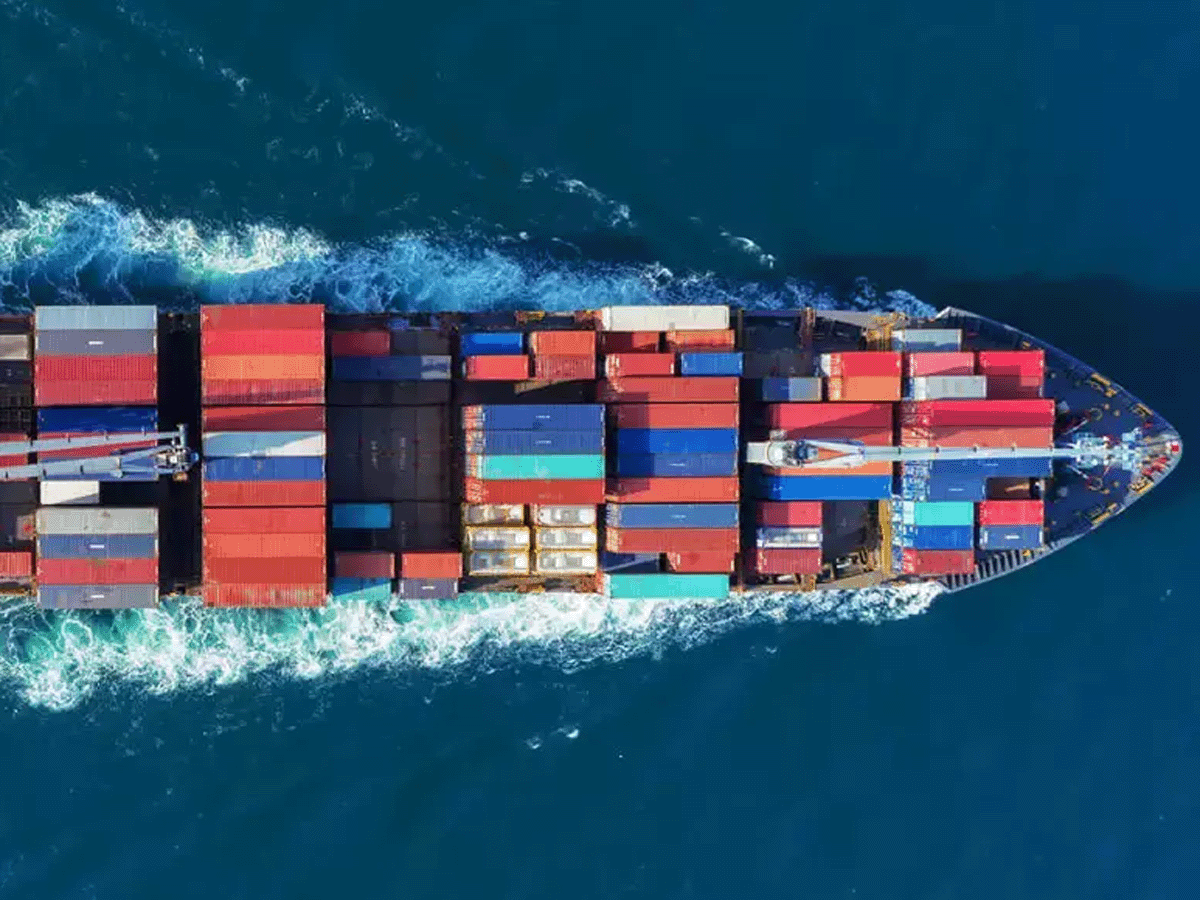
Shipping businesses and their crews understand first-hand the impacts of adverse weather in their quest to deliver their cargoes on time and with maximum safety and fuel efficiency. Weather is a key aspect in planning the best route and preparing for the conditions likely to be experienced enroute and at destination ports. A high resolution, reliable weather forecast service with hazard warning and emergency response facilities. WeaClim Solutions Pvt Ltd will provide optimised vessel routing and marine forecast guidance to assist vessel operators and fleet managers to make informed decisions and help them increase safety and efficiency throughout each voyage. This includes weather advisories and briefings, updated weather predictions based on vessel position and speed, route optimization based on weather avoidance, fuel efficiency or arrival time and specialist guidance including fatigue and motion forecasting can also be established for specific vessels
Tourism
Tourism is a rapidly growing industry and relies intrinsically on overall climate conditions to attract visitors. Moreover, climate and weather conditions have a strong influence on the operation of tourism businesses. Particularly, tourists coming from temperate regions prefer favourable weather conditions, such as limited rainfall, absence of strong winds and comfortable temperatures. In the short-term, tourists and tourism businesses are likely to be affected by weather conditions, such as rainfall, storms and changing temperatures. Receiving accurate and timely weather forecasts will therefore assist tourists and tourism businesses to anticipate and adapt to the changes in weather.

Event Management

Conducive weather conditions is the main ingredient to successful conduct of events by their managers in the activities ranging from cultural, sports, festivals, political rallies etc. Selection of right season and region for conduct of events with large audience and spectator is the key for the event management companies. WeaClim will provide these companies with the right inputs on weather and climate so that management of the events is always a success. Event management companies are growing and becoming the most promising customers for meteorological companies.
Mobile Network Providers
Mobile phones are increasingly being used to disseminate information in a timely manner, since the construction of cell phone towers has made this technology accessible to local communities. Recognising the widespread availability of these mobile platforms private weather companies are collaborating with mobile phone companies to provide information about predicated weather conditions to local communities. However, in areas with diverse topography, the weather conditions of two locations ~50 km apart may be considerably different. Therefore, to provide an accurate forecast to local communities – and particularly farmers – the mobile phone provider should aim to tailor information, specific to the precise location of each farm. Mobile Network Providers (MNPs) have the technical capacity to locate their subscribers using a triangulation method – which collects information about the location of three base stations closest to the user. This is particularly useful for farmers in anticipation of severe weather events – such as storms and intense rainfall – that can occur locally.

Cost of Climate and Weather Information
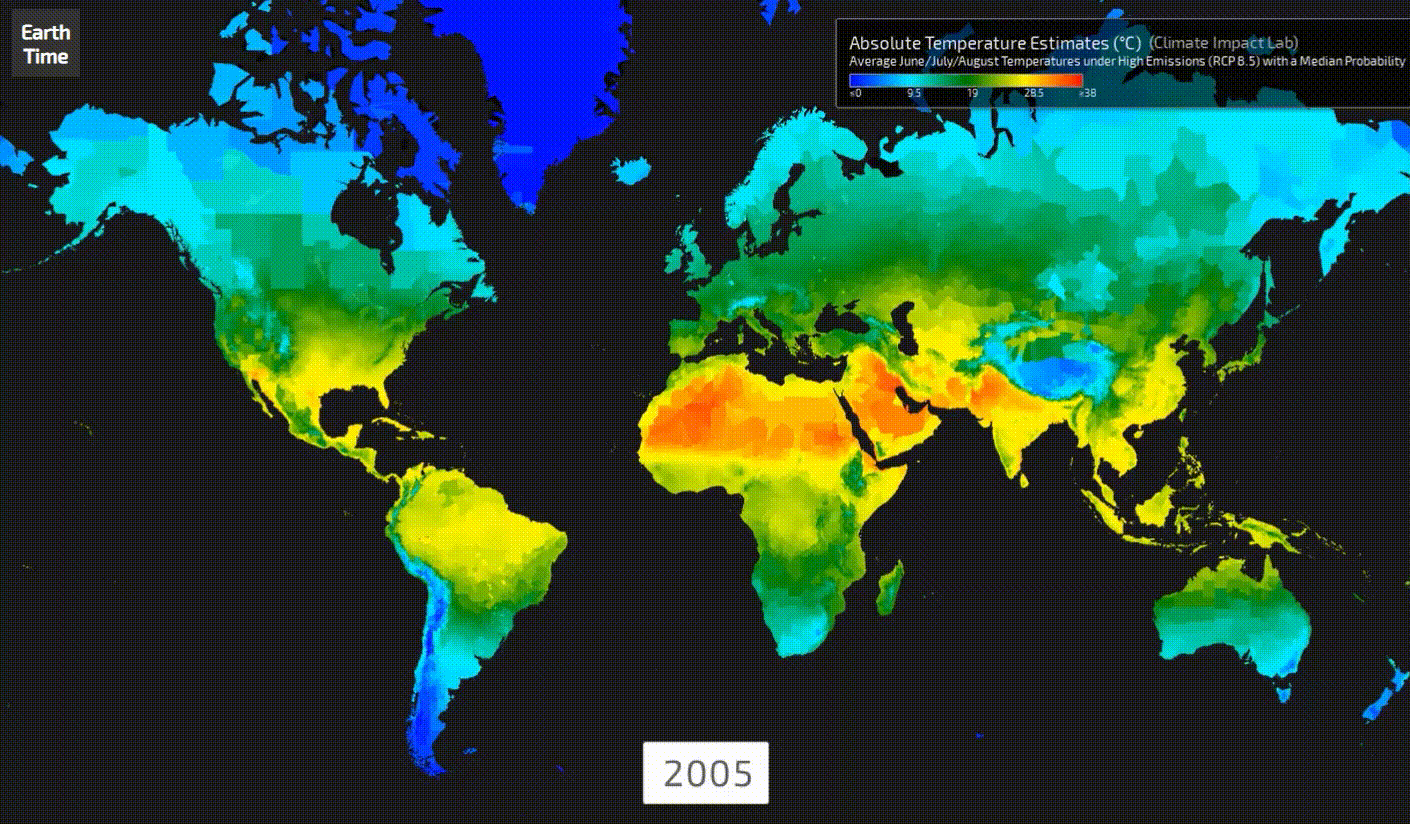
Revenue for the company will be generated by the cost of provisioning the climate and weather information to the users. The charging rates will depend on operating and administrative expenses incurred by the company. Rates at which the customers will be paying for the generated climate and weather services will be structured and governed as per the timeframe of requirement of product desired by the customers. The rates at which each meteorological product provided to the consumers will be based on frequency and resolution of their requirement. The rates will be low for products that are coarser in resolution low on its frequency of generation. The rates will increase as the resolution gets finer and frequency of generation gets higher. The rates for regional (i.e. area specific) forecast will be relatively lesser than the location specific forecast. These will be a minimum number that customer will have to prescribe for. Climate and weather products generated will be compared with the actual for its variation. WeaClim Solutions Pvt Ltd will also fix a penalty on itself that will depend on the magnitude of variation. The company will give a penalty for deviation in predicted parameters beyond a certain percentage. The degree of variation from the actuals vis-à-vis the penalty will be as per the terms and conditions between the company and the client. Broadly the charges of climate and weather services for Long, Medium, Short and Very Short Range forecasts will be as shown in numerical figures (in INR) shown in the Tables 1 & 2 at the end of this document.
